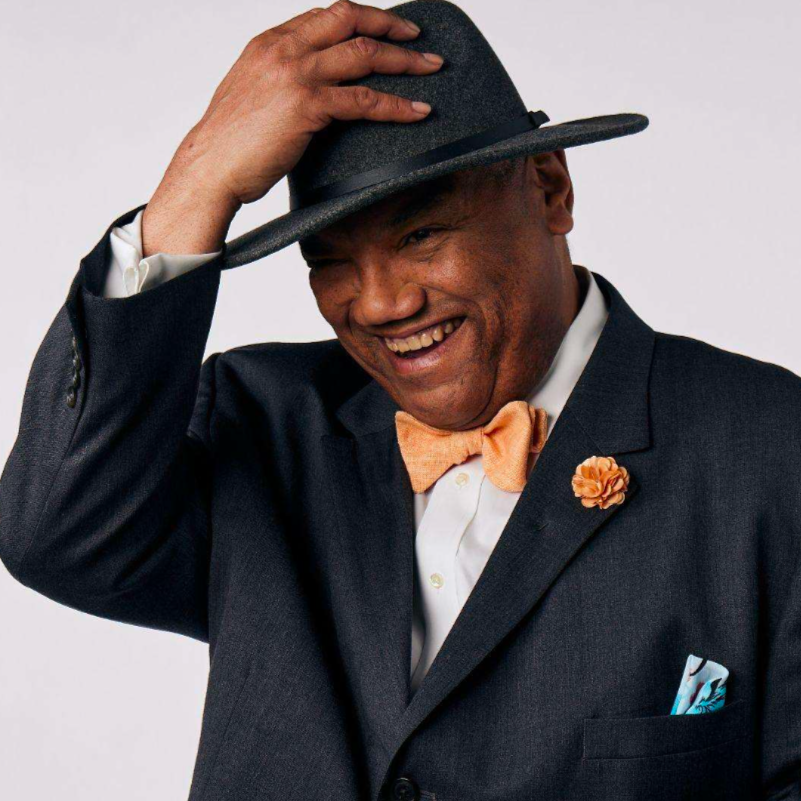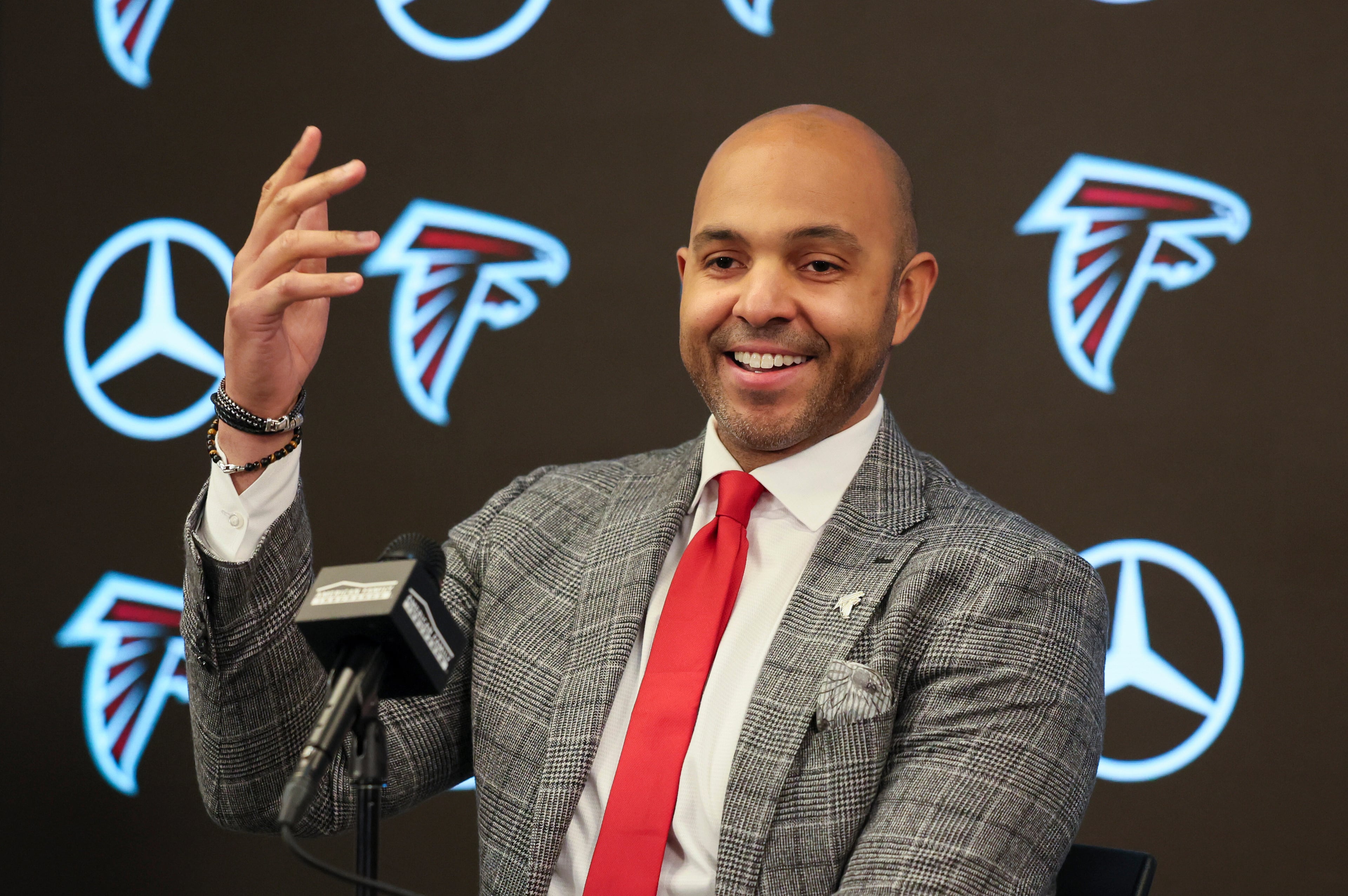NFL labor Q&A: Extension avoids doomsday scenario
The NFL's doomsday scenario is on hold, at least for another week.
The league and NFLPA representatives, with the help of mediator George Cohen, agreed to an extension of their cantankerous labor negotiations Friday in Washington.
The new deadline is set for 5 p.m. next Friday.
Here's a quick Q&A look at some of the key issues in the labor dispute that threatens America's $9 billion football empire.
Q: How did we get to this point?
A: In May 2008, NFL owners voted unanimously to opt out of the 2006 collective bargaining agreement. The contract, which governs the relationship between the parties, was set to terminate Thursday, two years earlier than previously agreed.
That termination date was extended for 24 hours and then extended for another seven days while both sides try to work out a deal.
Q: What are the big issues?
A: The owners want a redistribution of the revenue because they feel they made a bad deal in 2006.
One of the outcomes of the deal was that the players received a larger share of revenue. Smaller market teams such as Buffalo and Cincinnati felt pinched. The additional revenue would help owners, such as Falcons owner Arthur Blank, fund new stadium projects.
There are several ancillary issues, such as a possible 18-game schedule, veteran benefits and a rookie wage scale, but the main issue is the owners' reportedly wanting almost $1 billion per year back from the players.
Q: What are the players asking for?
A: Nothing, they like the deal as it stands. They are not in favor of an 18-game schedule and would like better benefits for active and retired players.
Q: How are the players monitoring the negotiations?
A: While the players are going about their normal offseason routines, they are keeping a close eye on what happens. The Falcons are staying in touch with their player representative, linebacker Coy Wire.
"I'm optimistic that a deal will get done," Pro Bowl wide receiver Roddy White said via phone Friday. "We just want to play football. We hope that everybody will continue to be healthy. Most of the players that are injured really need to go to the facility. They need to get back in there. So you kind of hope that everything goes well."
Q: What will the players do if they have to miss minicamp and organized team activities?
A: Players on most teams, including the Falcons, likely will hold their own practices.
"We want to have seven-on-seven drills and things like that," White said. "We are going to get our team together regardless of what happens with this. We are going to do it on our own."
Q: Is it valid to say that billionaires are pitted against millionaires in this labor dispute?
A: The numbers say yes, with the average player salary well over $1 million.
However, that number is skewed by some players making multi-millions and other players making the league minimums for their respective years of service.
"I just feel that in the NFL, everybody is looking at it like everybody is paid the same amount of money," White said. "Like everybody is paid like superstars, and that's not true."
White, on his
account, sent out some tweets on the subject.
"I just wanted to get it out there and let everybody know that it's not like that," White said. "Everybody isn't a multi-millionaire. Some of these guys are making the league minimum. That's just the way that life is in the NFL."
Q: Will the players have to pay for their own health insurance?
A: Yes. The high-cost of health care has been eye-opening for them.
"They are telling me that I'm going to have to pay $2,500 a month for two kids and one adult," White said. "It's going to be tough. It's going to be tough on everybody. You're going to have to find a way to get it done basically. We are going to have to find ways to minimize costs while we are not getting paid. A lot of people will get cut out of the budget at that time."
Q: If a lockout happens, can the players call their coaches?
A: Jason Pace, a vice president at Morgan Stanley Smith Barney in Atlanta, has been a financial adviser for 13 years and has a roster of NFL players. He said that one player told him that they can't call anybody on the team's staff, coaches or front-office personnel.
The players also have been advised to remove all of their belongings from the locker room because if there's a lockout, they would not be able to retrieve them.
Q: What happens to free agents?
A: They can't enter into negotiations with teams if there is a lockout. No player transactions are allowed during the latest extension.
Q: Will there be a draft?
A: Yes. The draft was "grandfathered in," Falcons general manager Thomas Dimitroff said.
The draft is set to take place from April 28-20.
However, current players can't be apart of any draft-day trades without a new agreement. Teams can still trade draft picks.
Q: What's the history of work stoppages in the NFL?
A: The last occurred in 1987. Teams used replacement players, who were called "scabs" by the nation's unionized labor force. Most of the replacements played three games, and the season was shortened to 15 games.
There also was a 57-day strike during the 1982 season. That season was shortened to nine games.



